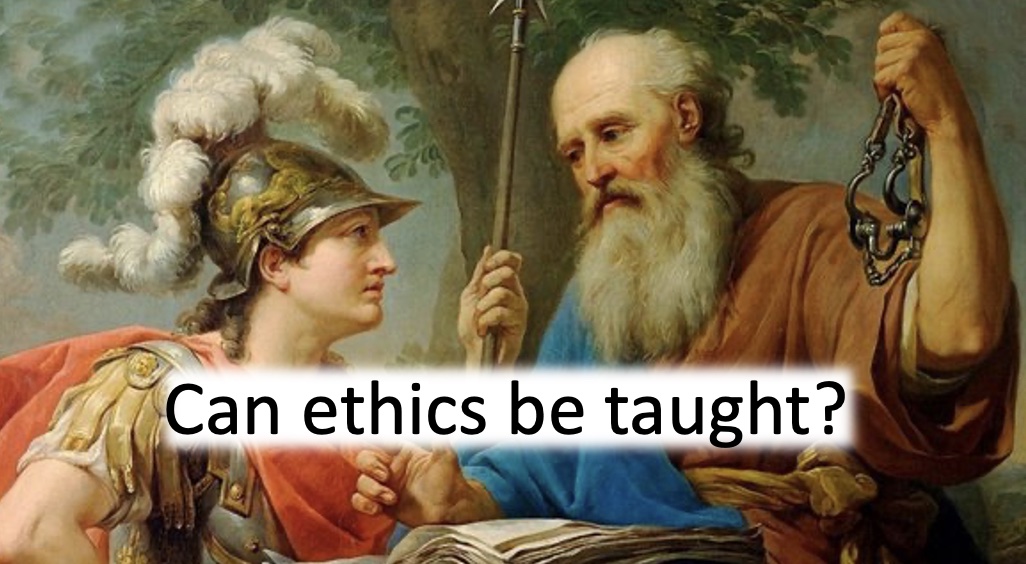Fewer people are having children. Some are warning ominously of an impending population collapse in Europe and North America, but the U.N. projects that the global population will continue to grow through this century to about 10 billion people.
The issue is polarizing and politicized. It is connected to J.D. Vance’s “childless cat ladies” remark, as well as concerns about global warming, women’s rights and reproductive healthcare. Young people are also confronting an epidemic of loneliness and fear for the future of the planet.
If human life is good, it’s good to have lots of children. Traditional religion says, “be fruitful and multiply.” If life is a gift of God, and God wants us to be fruitful, then we ought to multiply. But modern revolutions in agriculture and medicine have caused a population boom that archaic religions could not have imagined.
The ancient idea of fruitful multiplying is less salient in a hot, crowded world.
Ethical judgment often involves questions of quantity: How long is too long to live, or to serve in political office? How much wealth or freedom is the right amount? And what is the optimal number of people?
Quantitative questions quickly lead to questions of quality. In planning for retirement or thinking about healthcare at the end of life, the number of years of life is less important than the quality of those years. Something similar holds with regard to population: More is not always better when it comes to people. The ethical question is not merely how many people, but how to optimize the quality of life for children, parents and everyone else.
The question of optimal population is a concern for those who manage crowds. We understand this when we stand in line for a bathroom or a beverage at a stadium or look for a parking place in Yosemite National Park. At some point, the quantity of people ruins the quality of the experience for everyone. This is especially true under conditions of scarcity — basic carrying capacity can be altered with innovation and technology, but there are limits.
Stadiums could be built with more amenities, but there are costs and trade-offs. When the limit is reached, the crowds become unbearable. The natural world imposes objective limits. Yosemite Valley is a narrow valley bisected by a river. On busy weekends, traffic and parking are difficult. In response, Yosemite has imposed a system of reservations during the summer. Fewer people in the park preserves the quality of the experience for everyone.
In my own field of education, the quantitative issue concerns student-faculty ratios and class sizes. This depends on the quality of instruction, as well as the abilities and interests of the students. Kindergartens ought to be small. Private coaching is necessary for elite performers. But massive online courses can work well if the teaching is good and the students are motivated. This all depends on what we expect of the overall quality of education.
So, the more general population question is not merely quantitative, it is also qualitative. The snide remark about childless cat ladies is not about population size. Rather, it is about what counts as a good life. The question here is whether having children and raising a family are an essential part of the good life. For much of human history, this was taken for granted. But these days, there are alternative paradigms of human flourishing.
Other complex and contentious ethical questions involving optimizing quality of life emerge. Will there be adequate housing for 10 billion people? Should affluent countries with declining populations bring in immigrants from the developing world? How should we structure the economy to care for our elders? Do childless people have an obligation to pay taxes to support children? And how should we manage fragile ecosystems in a hot, crowded world?
The conversation about population and reproduction is ultimately about our basic conception of the good life, and deserves careful and critical thought. People will disagree about this topic, since it touches upon our deepest beliefs and commitments. But clearly polarization is not helpful. We need philosophers, theologians and political leaders to think carefully and critically about the quality of human life and the question of optimal population.
Read more at: https://www.fresnobee.com/opinion/readers-opinion/article291087225.html#storylink=cpy






